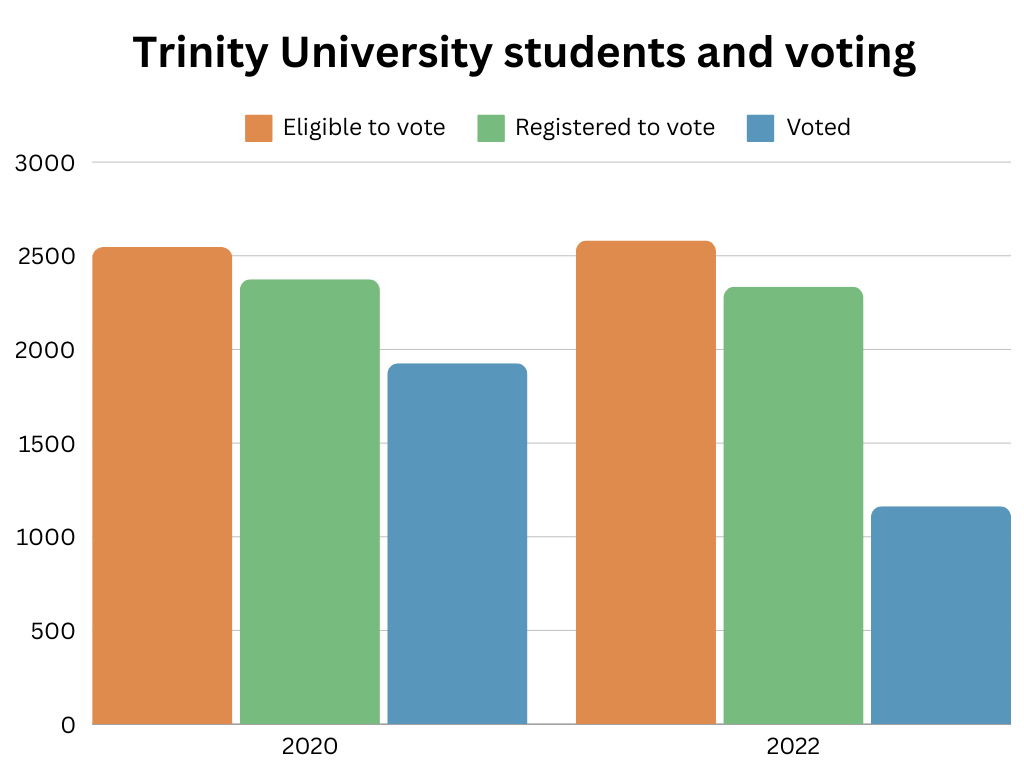Disabilities affect many people on this campus, both chronically and temporarily. Students with disabilities have to navigate the campus in ways that many others simply don’t think about. But while inaccessibility is persistent, it’s not as discussed here as other campus issues. As such, the Trinitonian hopes to give voice to students’ experiences with a series on disabilities. We invite individuals who would like to speak on these issues to contact [email protected] in order to get a more accurate understanding of what student life is like for those living with disabilities.
I’ll admit it: Trinity does a better job with providing accommodations than most universities. Its relatively small size often means distances between classes are short. Every syllabus day I’ve been to has included a PSA about the services, testing center and extensions available through Student Accessibility Services (SAS). With the construction of the elevator in the Murchison building several years ago, there is now an easier way for those with physical disabilities to move from upper to lower campus.
Yet, as someone who has experienced living on this campus with a disability for three years now, I have noticed that the university has some very visible obstacles to accessibility. Even with small distances, navigating the campus can be physically demanding. Ramps and elevators are out of the way and difficult to locate. Even with recent renovations, South Hall still lacks an elevator. Students never receive notification when an elevator breaks. For students using the Murchison elevator, this requires them to either go out of their way to find a new path to class, or simply to abandon the effort.
Some accommodations are also far more regulated. For those with a mental illness, negotiating extensions usually requires pre-existing registration through SAS, mandating that students go through the process of “official” diagnosis before learning accommodations will be granted. Even after registration, flexibility may be hard to come by, considering the rigor of Trinity’s coursework.
Every student’s experience with disability matters, and all are different. This series aims to shed a light on the accommodations Trinity provides. In publicizing narratives of disability, we hope to gain a better understanding of both the current landscape of accommodations and how the university could improve accommodations for all students in the future.






